MercoPress. South Atlantic News Agency
Agriculture
-
Friday, January 6th 2023 - 10:31 UTC
Brazil provides 20% of the world's cotton supply, and is second global exporter
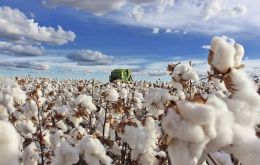
Brazil provides 20% of the world’s cotton supply, making it the second largest cotton exporter in the world. Cotton represents Brazil’s seventh-largest export product in terms of value: in the market year 2021/2022 alone, 1.68 thousand tons were exported, generating more than USD 3.2 billion in cash. The stats were supplied by the industry association Abrapa.
-
Monday, January 2nd 2023 - 09:40 UTC
More Uruguayan exporters greenlighted for frozen bone sales to China
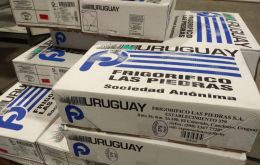
Chinese authorities authorized 27 Uruguayan companies to export frozen bone meat cuts in what Montevideo dubbed an “achievement” that “strengthens” the relationship between the two countries.
-
Friday, December 30th 2022 - 09:57 UTC
Argentina wheat exports at their lowest, but record year for fertilizer consumption
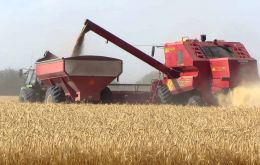
Bad and good news from Argentina. Wheat exports are expected to hit their lowest point in eight years because of climate effects, especially La Niña ravaging the country’s crops for the third consecutive reason, points out the Rosario Grains Exchange (BCR)
-
Friday, December 30th 2022 - 09:30 UTC
Pork exports growing in Paraguay

Paraguayan pork exports are looking at a brighter future for 2023, according to various positive developments on various fronts over the past few months, it was reported in Asunción.
-
Friday, December 30th 2022 - 09:20 UTC
Record sales of US beef to East Asia markets in volume and value
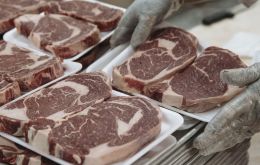
United States beef exports to East Asia in 2022 broke the record reached last year, both in volume and value, according to a report by the US’s Department of Agriculture (USDA).
-
Wednesday, December 28th 2022 - 09:30 UTC
Argentine wheat crop, one of the least productive in recent history

The Argentine wheat crop, 2022/23 is again suffering the consequences of a prolonged drought and lack of sufficient rain, which means that the overall estimate volume has again been reduced by 300,000 tons to a total of 11,5 million tons, according to the Rosario Grains Exchange.
-
Wednesday, December 28th 2022 - 09:13 UTC
Brazil agribusiness exports US$ 160 billion in '22, but inputs have soared and '23 could see a return of protectionism

Brazilian agribusiness exports should reach a record US$ 160 billion this year, which represents an increase of 32% compared to 2021, and a number that also was surprisingly high last year. But on the other hand input imports have never been so costly because of the international prices with inputs reaching almost US$ 50 billion, up 51% year to year.
-
Thursday, December 22nd 2022 - 10:07 UTC
Bird flu spreading fast in northern Chile
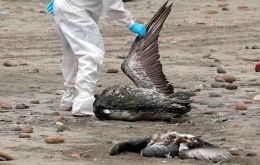
Chile's Agriculture and Livestock Service Wednesday reported 1,030 bird deaths due to avian flu in northern regions of the country, at the same time Europe goes through the worst-ever outbreak of the disease.
-
Wednesday, December 21st 2022 - 10:24 UTC
Brazil planning to become world's largest cotton exporter, ahead of US
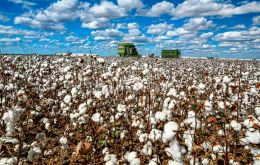
Brazil could become the world’s largest cotton exporter in 2023, because of an increase in the planted area helping it to surpass the United States, which could reduce sowing by 30% to make way for competing crops such as corn, soy, and wheat.
-
Saturday, December 17th 2022 - 09:51 UTC
“Soybean dollar 2” working as planned for Argentine authorities
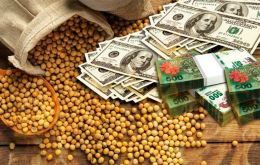
Argentina's new version of the “Export Increase Program” (PIE) has resulted in US$ 1.824 billion worth of soybeans sold abroad, which nearly meets the government's target, it was reported Friday in Buenos Aires.